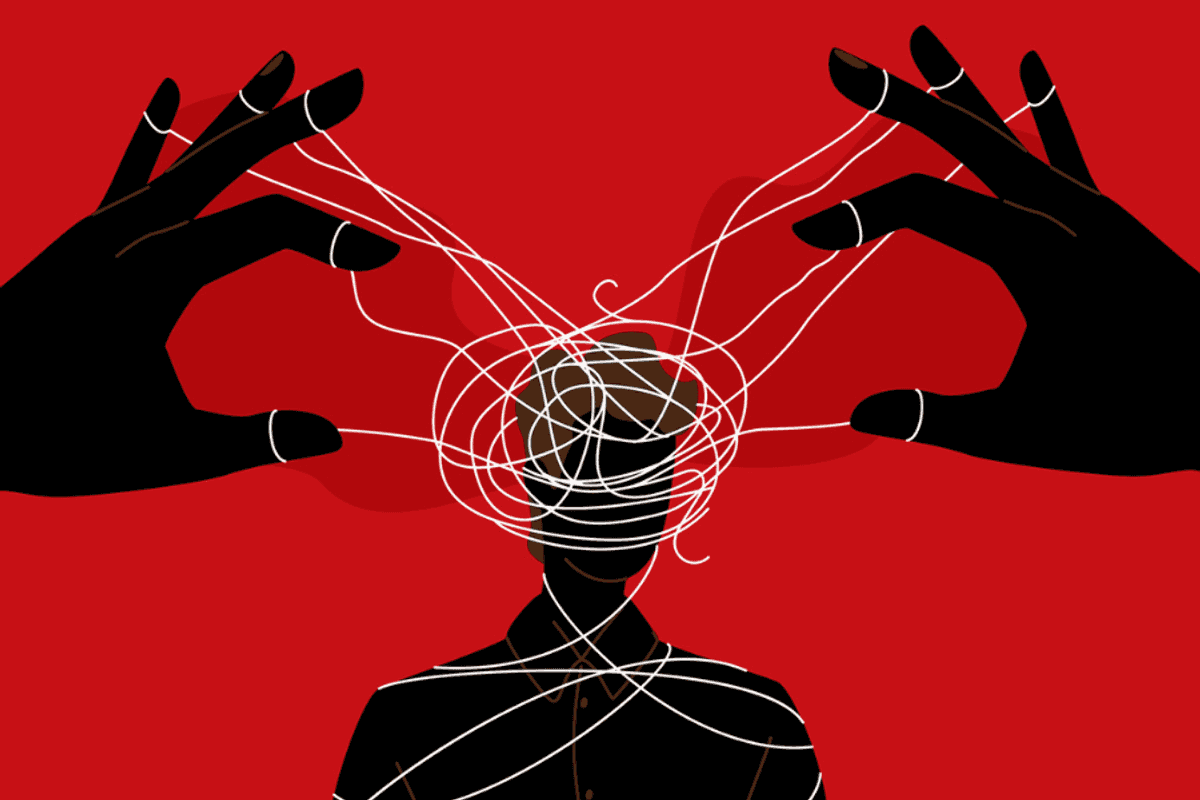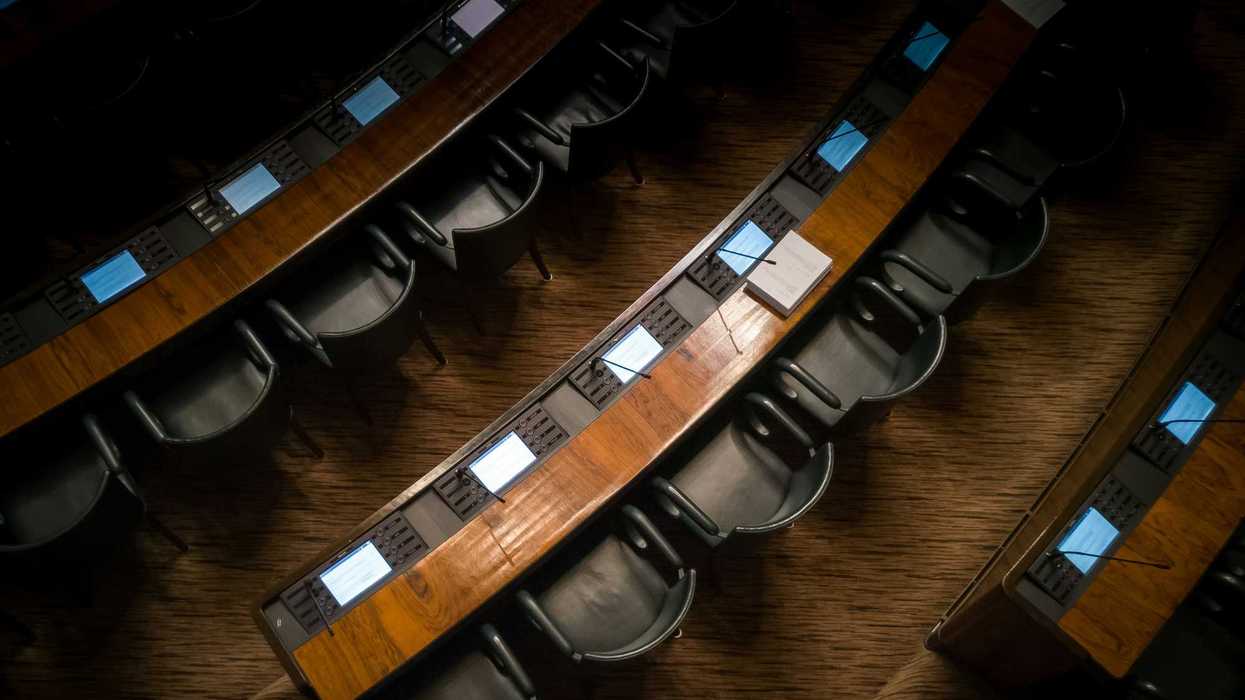Carney is a contributing writer. She also heads The Civic Circle, a member of the CivXNow Coalition.
Of all the things there may be to fear and loathe about Google’s new generative artificial intelligence tool, the most offensive is its name: Bard.
In scholarly circles, there is only one “Bard,” and that is “The Bard”—namely, “The Bard of Avon,” better known as William Shakespeare, whose writings are everything that AI is not: wise, witty, compassionate, and above all, deeply human.
There may always be disputes over who actually wrote the approximately 39 plays that comprise the so-called Shakespeare canon. But there’s one thing we know for certain: It was not a chatbot.
To name a generative AI tool after one of the world’s greatest humanists is ironic at best, and at worst belittles the true Bard, whose name the tech industry has now reduced to a marketing commodity, a gimmick to sell software.
The deeper problem, though, isn’t just the cheapening of Shakespeare’s moniker. It’s the devaluing of the humanities—of history, literature and art, and of inquiry, creativity and critical thinking—in every sphere.
Amid massive federal investments, the pro-STEM craze has swallowed the humanities whole. In the past decade alone, the college-level study of English and history has dropped by a third. In K-12 classrooms, history, civics, literature and the arts have been pushed to the margins as educators struggle to meet standards-driven testing mandates. Culture wars over what books students should read don’t help.
It's not that Science, Technology, Engineering and Math aren’t essential. STEM investments are crucial to American economic competitiveness and national security. And AI itself holds great promise for medical breakthroughs, disaster relief, industrial automation, and a host of other areas, including education. Some even argue that generative AI can be a boon to democracy, inviting new voices into public debates, and helping digest citizen opinions.
But if there’s anything the advent of AI has taught us, it’s that STEM is not enough. To unleash generative AI on the world with no thoughtful constraints or oversight would be to invite disaster on a scale we humans can hardly imagine. That’s why more than 1,000 technology experts have called for a six-month moratorium on the development of new AI systems, citing “profound risks to society and humanity.”
One need not fear that machines will end up controlling humans to appreciate that AI will be highly disruptive—to jobs, to social interactions, to virtually every global industry and institution. Those most at risk may well be the world’s “creatives”—the artists whose works new software tools may exploit without credit, the writers now striking in part because they fear AI will put them out of work.
Yet humanists are the ones best equipped to get us out of the AI mess. How can we ensure that AI does not invade privacy, facilitate fraud and extortion, intensify discrimination, fuel monopolies, and flood the internet with false texts and images that are impossible to verify? Answering these questions will take discernment, empathy, critical thought, imagination, an appreciation for nuance, a grasp of ethics and history—in other words, all the skills at the heart of a liberal education.
The full promise of AI will never be realized if we abandon the humanities—and our humanity—along the way. Even Apple co-founder Steve Jobs, one of the tech industry’s greatest innovators, famously celebrated “the intersection of technology and liberal arts.” There will be no easy answers to the regulatory, ethical and legal questions that the coming AI explosion will pose. But the key may be, as Jaswinder Bolinda recently wrote, to “ think like a poet.”
A poet himself, Bolinda recently took heart from the underwhelming, “jejeune” and “hackneyed” stanzas that ChatGPT3 produced when he asked the AI software to generate some verses in his own style. True poetry, Bolinda recently wrote in The Washington Post, “must be earnest, singular and unpredictable. … In a word, it must be human.”
The world’s workers, Bolinda argues, can make themselves irreplaceable by “taking classes in creative writing, music, theater, painting and dance; by studying and making literature and art, those allegedly pointless pursuits that our culture and our universities have increasingly neglected.” It’s the lessons learned in “creative enterprise,” as he sees it, that will enable us to invent “new and more humane ways of using technology to answer human concerns and solve human crises.”
It’s a point that The Bard—the true Bard—would have appreciated well. Shakespeare had much to say about the human condition—about love, envy, wisdom, folly, wealth, power, time, luck, evil and death. Of generative AI, he might have said, as Troilus does on reading (and then tearing up) a letter from Cressida: “Words, words, mere words, no matter from the heart …”. Or perhaps he might have called, as so many tech leaders have, for a judicious pause. After all, as Lady Macbeth bemoans amid her descent into madness: “What’s done cannot be undone.”




















